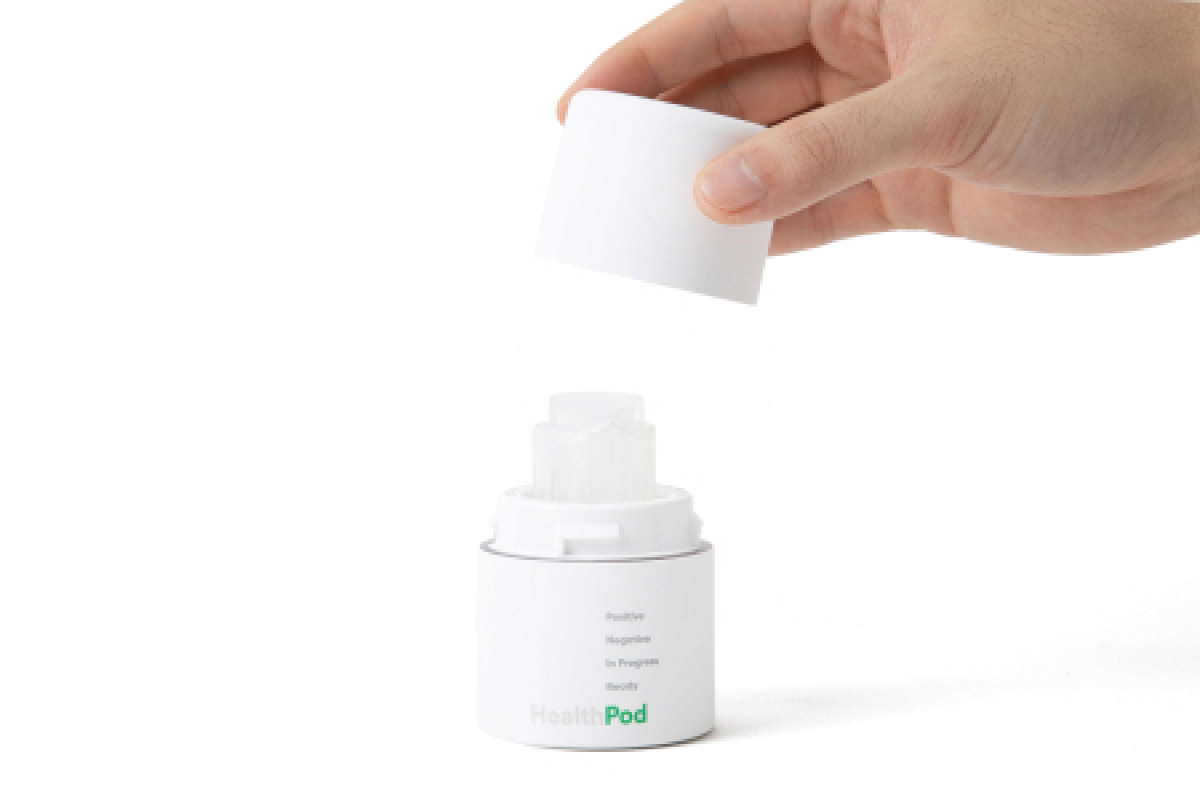
What started as a single Covid-19 virus has now evolved into multiple Covid variants that can sometimes be more dangerous than their predecessor.
Take the Delta variant, for example. It caused more infections, spread at a faster rate, caused more severe symptoms and had higher rates of hospitalisation than the original Covid-19 virus.
Although some variants are weak and disappear on their own, others are more persistent variants that can persist for a long time.
In order for people to better understand and monitor Covid variants, the World Health Organization (WHO) created the terms “Variants of Interest” (VOI) and “Variants of Concern” (VOC) to categorise Covid variants. VOI are Covid variants that are closely monitored due to their growing risk, while VOC is Covid variants that create a global risk.
What exactly are covid variants, though? Why do they happen and what is the covid variant meaning?
Covid Variant Meaning: What is a Covid variant?
A Covid variant is a mutated strain of the original Covid virus. Variants are a cause for concern as they can be more dangerous or more severe in symptoms than the original virus.
It is the nature of RNA viruses such as Covid to continuously evolve. Such mutations and changes can result in new variants of Covid.
In terms of Covid, the main variants are Alpha, Beta, Gamma, Delta, and most recently Omicron. According to the Centers for Disease Control and Prevention, experts expect new variants to continue appearing.

How do Covid Variants Differ from the Original Covid Virus?
Most people are not able to determine whether they were infected by Covid or a Covid variant based on how they feel because Covid variants do not typically have different symptoms. However, the severity of the symptoms (and severity of the illness) can differ depending on the Covid variant. In some cases, Covid variants such as Alpha and Delta can cause more severe illness. If you feel that you are experiencing extreme Covid symptoms, you may be infected by a variant.
Many Covid variants are more easily transmissible than the original Covid strain. This is possible because Covid variants mutate to become better at infecting cells and evading antibodies.
We know that Covid variants sound like a bigger, better, and stronger version of the virus, but all hope is not lost as you can still reduce the spread of Covid and Covid variants as well as protect yourself, your loved ones, and your community.
Thankfully, the existing protective measures for Covid work against Covid variants as well. This includes:
- Wearing a mask, especially when you are indoors or in crowded areas
- Using a mask with a proper filter
- Practising social distancing
- Meeting outdoors and in smaller groups
- Minimising contact with other people and surfaces
- Refraining from touching your face
- Washing and sanitising your hands regularly
- Staying at home when you feel unwell
Recent Covid Variants and Their Global Impact
Alpha (B.1.1.7)
Location of earliest documented sample: United Kingdom
Date of earliest documented sample: September 2020
Current status: VOC
The Alpha variant was the first Covid variant that caused a global impact. According to British analysis, Alpha is up to 70 per cent more transmissible than the original Covid virus.
Beta (B.1.351)
Location of earliest documented sample: South Africa
Date of earliest documented sample: May 2020
Current status: VOC
The Beta variant is another Covid variant that caused a faster spread of Covid than the original virus. However, Beta was not as transmissible as Alpha and did not worsen the illness.
Gamma (P.1)
Location of earliest documented sample: Brazil
Date of earliest documented sample: November 2020
Current status: VOC
The Gamma variant is more contagious than Alpha and Beta and is even able to affect people who already have Covid.
Delta (B.1.617.2)
Location of earliest documented sample: India
Date of earliest documented sample: October 2020
Current status: VOC
The Delta variant is a Covid variant with one of the highest number of infections as it is responsible for more than 90 per cent of sequenced Covid infections worldwide. It is up to 50 per cent more transmissible than other variants, can worsen the illness, make you twice as likely to get hospitalised, and can cause breakthrough infections.
Mu (B.1.621)
Location of earliest documented sample: Colombia
Date of earliest documented sample: January 2021
Current status: VOI
The Mu variant is a relatively new strain that caused a short but sharp spike of infections. It is not as dangerous as the Delta variant, but experts are still studying it closely to gather more information.
Omicron (B.1.1.529)
Location of earliest documented sample: South Africa
Date of earliest documented sample: November 2021
Current status: VOC
Omnicron is the latest Covid variant that is creating waves worldwide. This heavily mutated Covid variant has 43 spike protein mutations (Delta only has 18) and is extremely contagious. It is raising the global alarm because of its increased transmissibility and decreased effectiveness in vaccines and social distancing. According to the World Health Organization, it is too soon to declare if this Covid variant causes more severe illness or not.

How to Detect Covid Variants
Not all Covid tests can detect Covid variants, but you’ll be happy to hear that the Circle HealthPod can.
Clinical studies conducted at the University of Oxford revealed that HealthPod is able to detect >99.99 per cent of Covid variants including:
- Alpha (or B.1.1.7)
- Beta (or B.1.351)
- Delta (or B.1.617.2)
- Gamma (or P.1)
- Omicron (or B.1.1.529)
HealthPod’s team of Oxford professors are closely monitoring new Covid variants and their developments. Their website is regularly updated with a list of Covid variants that the HealthPod detects.
HealthPod is able to detect all Covid variants as its molecular test technology is more accurate than other testing methods such as the antigen test.
How People React to News of Covid Variants
Different people react differently to the news of Covid variants depending on their lifestyle, beliefs, job, and situation. Immunocompromised individuals have more serious reactions to news of Covid variants as they are at a higher risk of being infected by the variants.
In the beginning, most people were extremely wary of Covid variants because they were new and unresearched. The first surge of Covid cases caused by Covid variants came as a rude awakening because most people did not expect Covid variants to be more dangerous than the original virus.
Conservative people and nations are more inclined to take a safer approach such as staying home, enforcing Covid safety measures, and travel restrictions.
Liberal countries are approaching Covid as an endemic rather than a pandemic, and are trying to resume their pre-Covid lives.
An epidemic is a disease that affects a large number of people within one community or region. Covid has long surpassed that to become a pandemic, which is an epidemic that has affected multiple countries or continents. By moving into the endemic territory, Covid is expected to become a constant virus in concentrated areas. It may be harrowing to think that Covid is here to stay, but endemics usually have a milder negative impact because the viruses will become more predictable. (Source: Intermountain Healthcare)
Vulnerable populations such as the sick and elderly are taking extra precautions against Covid variants because they are at a higher risk of infection and illness.
As Covid has loomed over us for almost two years now, people are generally less sensitive towards news of Covid and its variants. Although this type of news is still concerning, many people have realised that the best thing they can do is take safety precautions and wait for more scientific research on Covid and its variants.
The Bottom Line
Covid variants can seem scary, but as we become more knowledgeable, we are able to better understand and protect against the different variants.
If you are worried about the health of yourself and your loved ones when it comes to Covid variants, what can you do? Consider getting a portable Covid test you can use at home that detects all variants, such as the Circle HealthPod.






